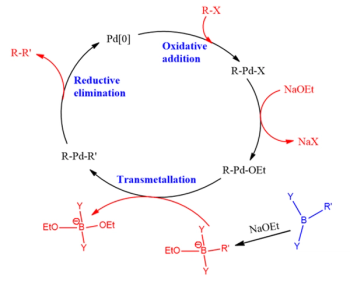
- LCGC Europe-05-01-2017
- Volume 30
- Issue 5
International Symposium for High-Performance Thin-Layer Chromatography (HPTLC 2017)
The International Symposium for High-Performance Thin-Layer Chromatography (HPTLC 2017) will take place in Berlin, Germany, 4–8 July 2017.
The International Symposium for High-Performance Thin-Layer Chromatography (HPTLC 2017) will take place in Berlin, Germany, 4–8 July 2017.
Progress and innovation are rarely found on the well-trodden path of a known scientific routine, according to the organizers, and inspiration comes from the cross-pollination of ideas from multiple fields and institutions. It is this spirit of science that the organizers seek to evoke at HPTLC 2017. Visitors can see firsthand the continuing evolution of highâperformance thin-layer chromatography into a modern and powerful tool with broad applicability throughout laboratory science.
If you are interested in what HPTLC could do for your laboratory, or simply want to update your understanding of methods using this technique, then HPTLC 2017 is the venue for you. The symposium showcases the most up-toâdate research methods with the latest proven applications, highlighting recent instrumental advances as well as advances in automation and data analysis. A series of advanced training courses in cutting-edge techniques are also available, along
with a social programme to promote networking and contact with thought leaders.
Food chemists can obtain 30 ZFL credit points when visiting HPTLC 2017. The AK Separation Science of the GDCh division Analytical Chemistry offers funding for poster presenters. Last minute poster presentations will still be accepted and included in the book of abstracts.
E-mail:
Website:
Articles in this issue
almost 9 years ago
(U)HPLC: The Shape of Things To Comealmost 9 years ago
The Role of LC–MS in Lipidomicsalmost 9 years ago
Contemporary Trends in Biopharmaceutical Analysisalmost 9 years ago
Advances in Glycomics in Biology and Medicinealmost 9 years ago
The Rising Profile of Comprehensive 2D LCalmost 9 years ago
Count the Cost, Part 3: Increasing Resolution by Changing SelectivityNewsletter
Join the global community of analytical scientists who trust LCGC for insights on the latest techniques, trends, and expert solutions in chromatography.




